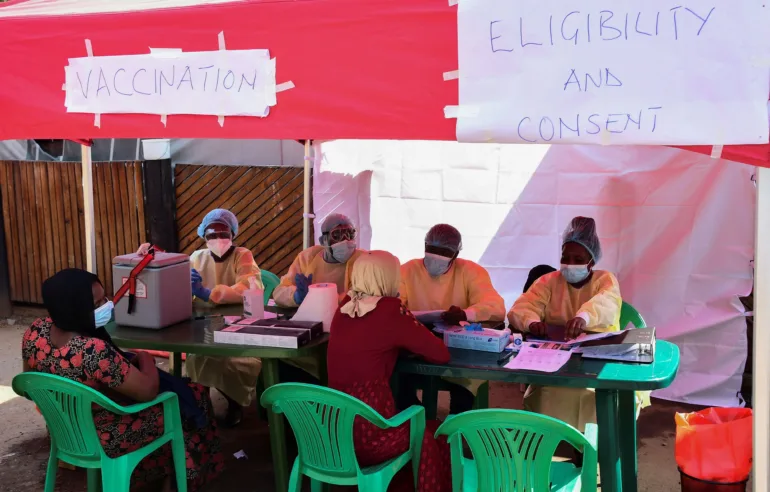Uganda has officially declared the end of its latest Ebola virus outbreak, which claimed at least two lives since it began in late January.
The announcement came on Saturday, following 42 consecutive days with no new infections—meeting the World Health Organization’s (WHO) criteria for declaring an outbreak over.
The outbreak, caused by the Sudan strain of the virus, marked Uganda’s sixth encounter with Ebola. Of the six known Ebola strains, three—including the Sudan variant—have previously triggered major epidemics.
According to a statement from the WHO, the outbreak resulted in 14 reported cases—12 confirmed through laboratory testing and two classified as probable. Four people died, including a four-year-old child and a nurse, while 10 patients recovered.
Uganda’s Ministry of Health confirmed the news on X (formerly Twitter), stating:
“The current Ebola Sudan Virus Disease outbreak has officially come to an end. This follows 42 days without a new case since the last confirmed patient was discharged on March 14, 2025.”
During the outbreak, dozens of individuals who had contact with confirmed cases were monitored by health authorities, according to the Africa Centres for Disease Control and Prevention (Africa CDC).
WHO Director-General Dr. Tedros Adhanom Ghebreyesus praised Uganda’s health workers and government for their effective containment efforts.
“Congratulations to the government and health workers of #Uganda on ending the #Ebola outbreak,” he posted on X. “Their leadership and commitment have once again proven critical.”
No approved vaccine for Sudan strain
While vaccines exist for other Ebola strains, there is currently no licensed vaccine for the Sudan strain. However, a vaccination trial began in Uganda in February, with WHO hailing it as the fastest-ever deployment of an Ebola vaccine trial during an active outbreak.
Despite this success, the international environment for funding epidemic response remains strained. In March, the United Nations appealed for $11.2 million to support Uganda’s Ebola response after the United States announced it would significantly cut its humanitarian aid contributions.
Ebola: A deadly but containable threat
Ebola is transmitted through direct contact with the bodily fluids of infected individuals. It becomes contagious only after symptoms appear—typically fever, vomiting, diarrhea, and bleeding—following an incubation period of two to 21 days.
Over the past 50 years, Ebola has claimed the lives of more than 15,000 people across Africa, across all six known strains of the virus.


